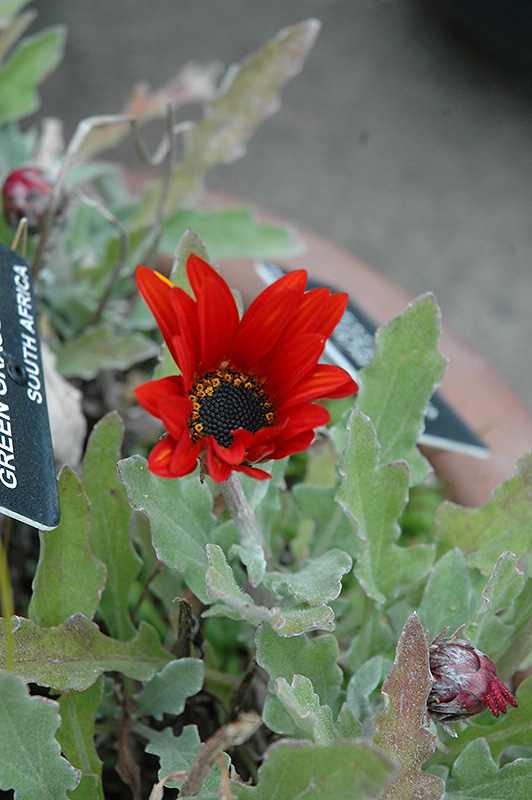Red Torch African Daisy
Arctotis 'Red Torch'
Plant Height: 6 inches
Flower Height: 12 inches
Spread: 3 feet
Sunlight:
![]()
Hardiness Zone: (annual)
Other Names: Aurora Daisy
Description:
An eye catching groundcover annual/perennial that produces stunning red daisy blooms in the fall right through to spring; tolerates freezing temperatures only briefly; deadhead regularity to promote new blooms; tolerates light shade only.
Ornamental Features
Red Torch African Daisy features showy red daisy flowers with black centers at the ends of the stems from mid fall to late spring. The flowers are excellent for cutting. Its tomentose pointy leaves remain grayish green in color throughout the season.
Landscape Attributes
Red Torch African Daisy is a dense herbaceous annual with a ground-hugging habit of growth. Its medium texture blends into the garden, but can always be balanced by a couple of finer or coarser plants for an effective composition.
This plant will require occasional maintenance and upkeep, and is best cleaned up in early spring before it resumes active growth for the season. It has no significant negative characteristics.
Red Torch African Daisy is recommended for the following landscape applications;
- Rock/Alpine Gardens
- General Garden Use
- Groundcover
Planting & Growing
Red Torch African Daisy will grow to be only 6 inches tall at maturity extending to 12 inches tall with the flowers, with a spread of 3 feet. Its foliage tends to remain low and dense right to the ground. Although it's not a true annual, this plant can be expected to behave as an annual in our climate if left outdoors over the winter, usually needing replacement the following year. As such, gardeners should take into consideration that it will perform differently than it would in its native habitat.
This plant should only be grown in full sunlight. It does best in average to evenly moist conditions, but will not tolerate standing water. It may require supplemental watering during periods of drought or extended heat. It is not particular as to soil pH, but grows best in rich soils. It is somewhat tolerant of urban pollution. This particular variety is an interspecific hybrid.

